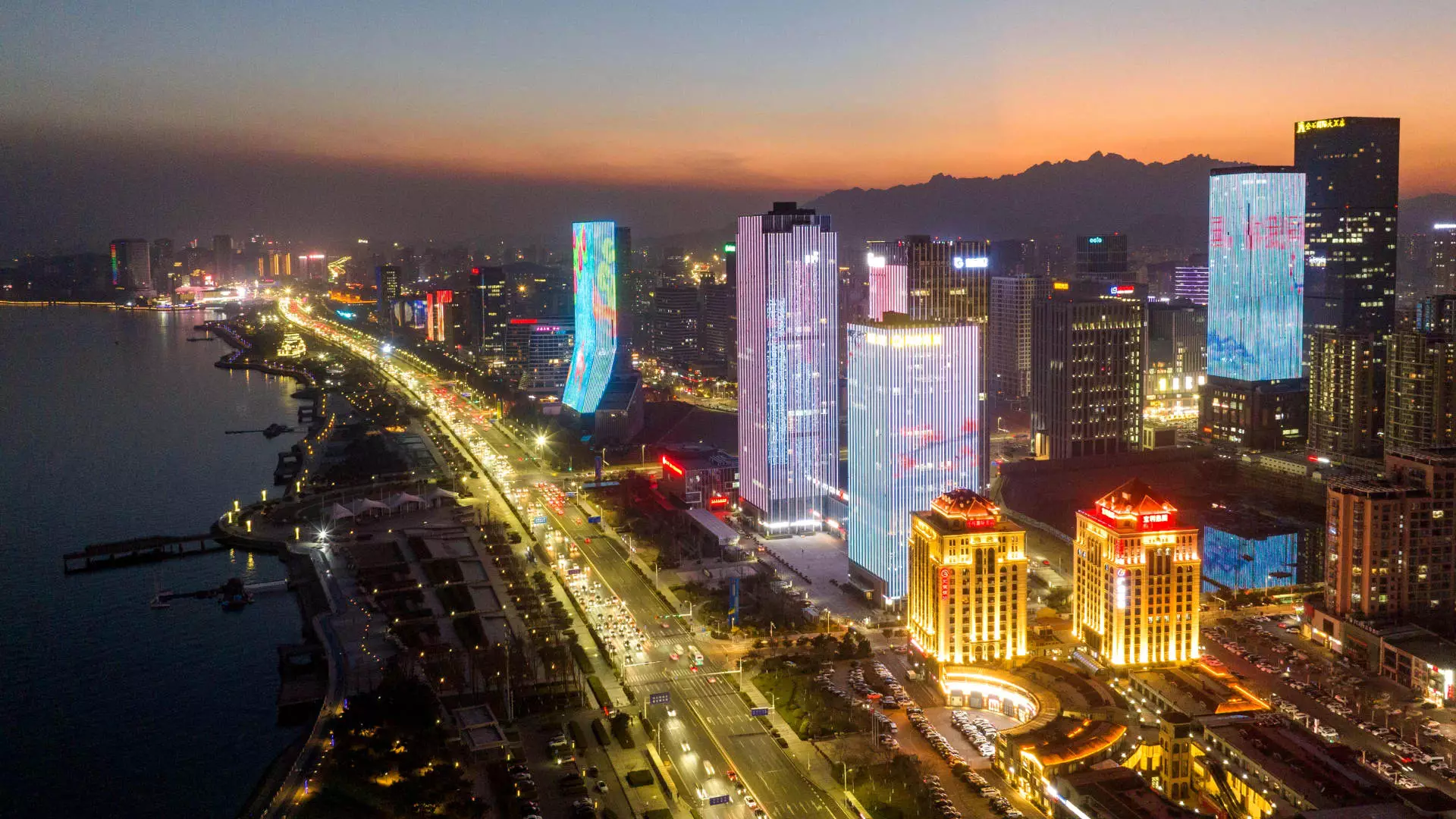China’s real estate sector continues to face significant challenges, as highlighted in a recent report by global investment firm KKR. The report, authored by Henry H. McVey, emphasizes the need to address the overbuilt nature of the industry quickly to stimulate overall GDP growth. With real estate and related sectors previously accounting for a substantial portion of China’s economy, the current slump in the property market has far-reaching implications. The report suggests that the housing market correction in China may only be halfway complete, with both price and volume needing to come under pressure to complete the cleansing cycle.
McVey also stresses the importance of restoring confidence in the market to encourage savings to flow back into the economy. This confidence is vital in driving consumers and businesses to invest in higher quality products, in line with the Chinese authorities’ promotion of such spending. While the report does not outline specific real estate policy expectations, it suggests that increased action by Beijing in this sector could lead to a significant shift in investor perception. The recent geopolitical tensions, coupled with the property market slump, have caused foreign institutional investors to reconsider their exposure to China.
Despite the challenges faced by the real estate sector, Chinese officials are actively working to promote financial support for select property developers and relax home purchase restrictions in many regions. KKR expects a modest slowdown in China’s GDP growth for the upcoming years, with factors such as real estate corrections and Covid-related issues expected to have a diminishing impact on the economy. The shift towards manufacturing and high-quality development is part of Beijing’s strategy to navigate through these challenges and promote sustainable growth in the long term.
The report highlights that future growth in China will be driven by sectors such as catering, accommodation, and wholesale, along with the ongoing digitalization efforts and the transition towards greener industries. While GDP growth is important, the ability for businesses and households to access capital markets easily is seen as a crucial factor for investors. Improving the cost of capital and fostering confidence in the real estate sector are essential to creating favorable conditions for new companies to access capital markets at better prices.
Recent data indicates some stabilization in the property sector slowdown, with new home sales showing signs of improvement in China’s major cities. KKR’s local portfolio is heavily invested in consumer and services companies, reflecting the spending habits of Chinese consumers in the middle to higher income range. Despite the challenges, domestic travel remains robust, and retail sales have shown positive growth, driven by increased spending during the Lunar New Year holiday.
The challenges faced by China’s real estate sector are complex and multifaceted. Addressing the fundamental issues surrounding overbuilding and restoring confidence in the market will be crucial for stimulating sustainable economic growth. By implementing targeted policies and fostering investor confidence, China can navigate through the current challenges and emerge stronger in the long run.

